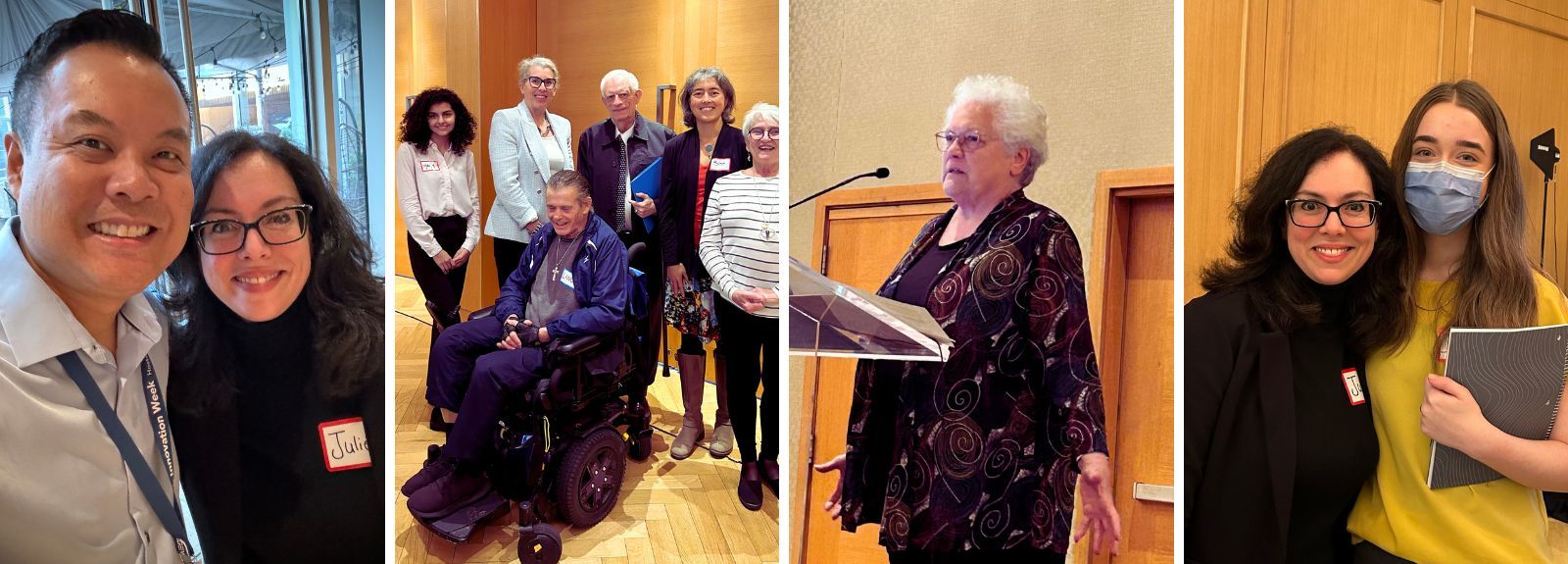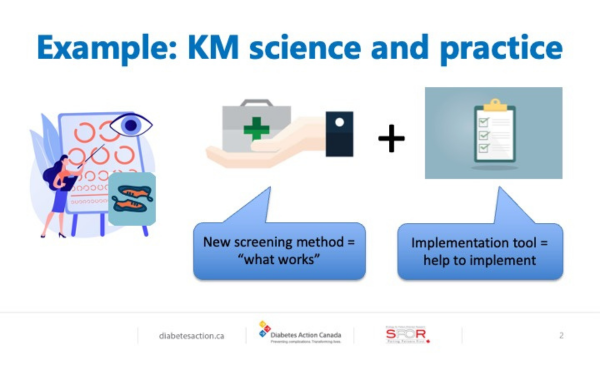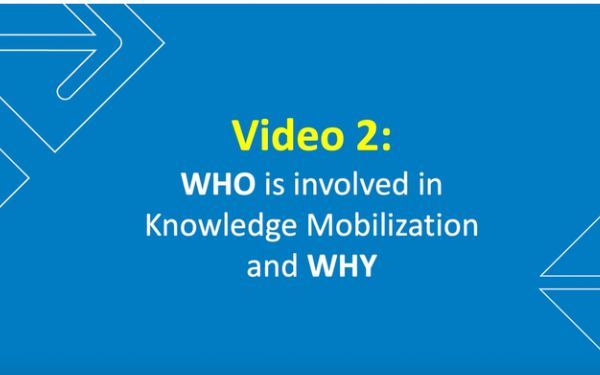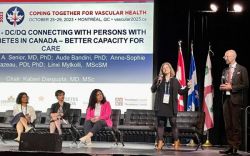
Building capacity for involving older adults, caregivers and partners in research Workshop


Building capacity for involving older adults, caregivers and partners in research Workshop
By kristalamb | Posted date: December 05, 2023 |
On October 26, 2023, our Knowledge Mobilization team partnered with the McMaster Collaborative for Health and Aging to present a workshop aimed at educating and supporting those wishing to use the principles of patient-oriented research in their work with older adults.
The event, Canadian Association of Gerontology 2023: Community Engaged Teaching, Research & Practice Pre-Conference Workshop, focused on “Building capacity for involving older adults, caregivers and partners in research.” The workshop, held in Toronto, outlined ways to go from theory to practice when working with Patient Partners. Older adults were included in all elements of the event, including as co-presenters.
“The general consensus is that engaging lived experience is important, and this workshop provided the practical how to’s for that,” said Julie Makarski, Diabetes Action Canada’s (DAC’s) Knowledge Mobilization and Implementation Science Research Manager.
Participants at the event received not only helpful information, but also resources for tangible ways to include patient partners. “There were varied levels of experience with partner engagement across participants, so folks were able to co-share and learn from each other,” says Makarski.
Many of the older adults who participated were very engaged by the event, says Soo Chan Carusone, Managing Director for the McMaster Collaborative for Health and Aging. “People were really inspired by learning from the diverse range of folks who participated. There was diversity in lived healthcare experience and in education levels, in terms of research involvement.”
In looking at the evaluations, Isabella Herrington, Research Assistant for DAC’s Knowledge Mobilization program, was pleased to see that respondents were now more open to working with patient partners. “Assumptions around patient partner engagement had been challenged and it reformed what engagement could look like for them.”
As one participant wrote in the feedback survey in response to an “a ha moment” they had during the event: “Watch your preconceived notions and assumptions.” Another noted that their feelings about people with dementia being able to participate in research had been changed.
For the five older adult participants and DAC Patient Partner Ron Beleno (a caregiver participant), there were other learnings. “I found out all aspects of the workshop are enjoyable and valuable. The organization, the presentations and the group discussions,” wrote one. Another noted the value in having very engaged older adults as part of the workshop, and in bringing together patient partners and researchers to co-learn together.
For more information on the McMaster Collaborative for Health and Aging, visit their website.
Featured in Article
Related Webinars

WHAT is KM and WHY is it important?

HOW to do Knowledge Mobilization

Who is Involved in Knowledge Mobilization and Why?
Associated Programs

Knowledge Mobilization and Evaluation
Related Articles

Knowledge Mobilization Consultation Service



